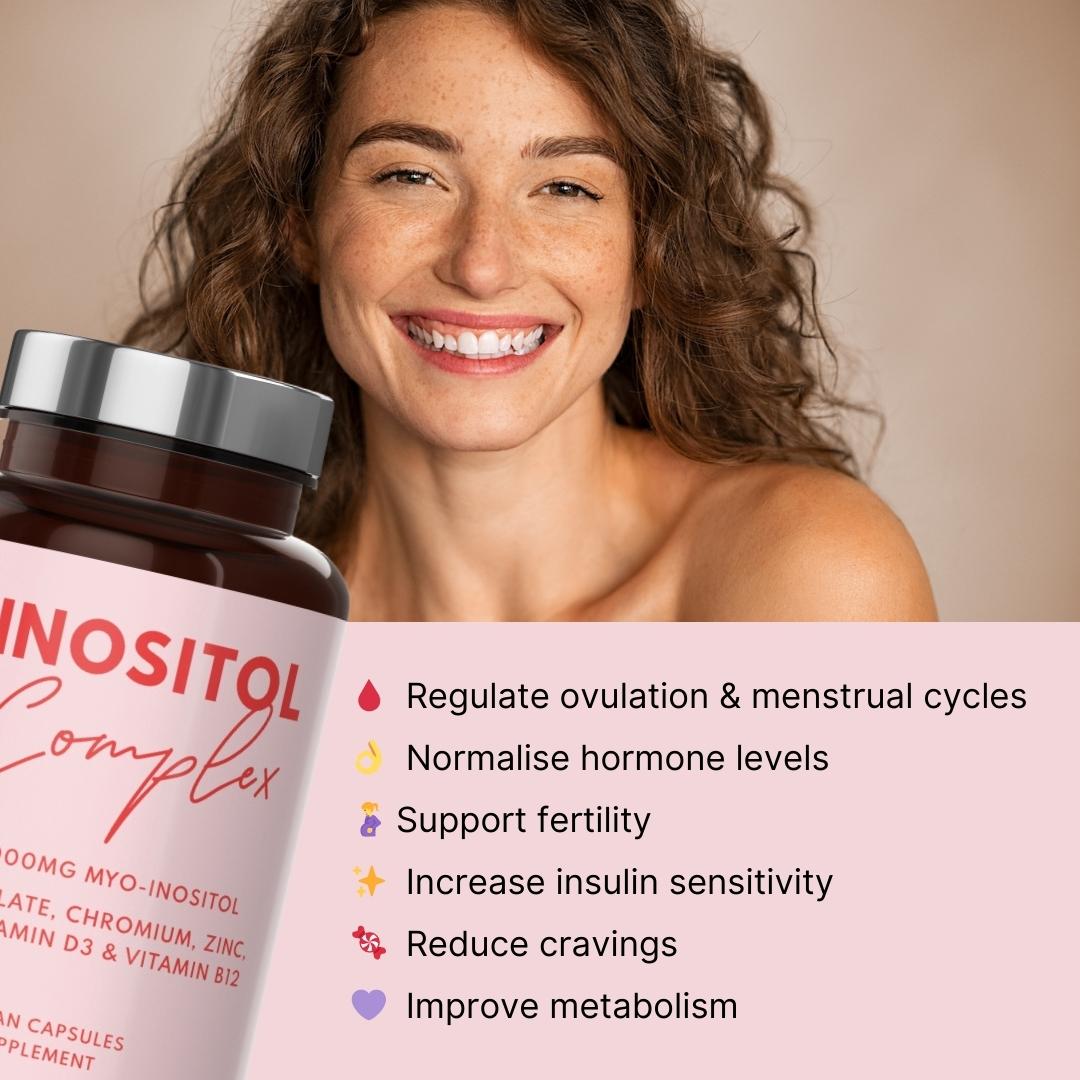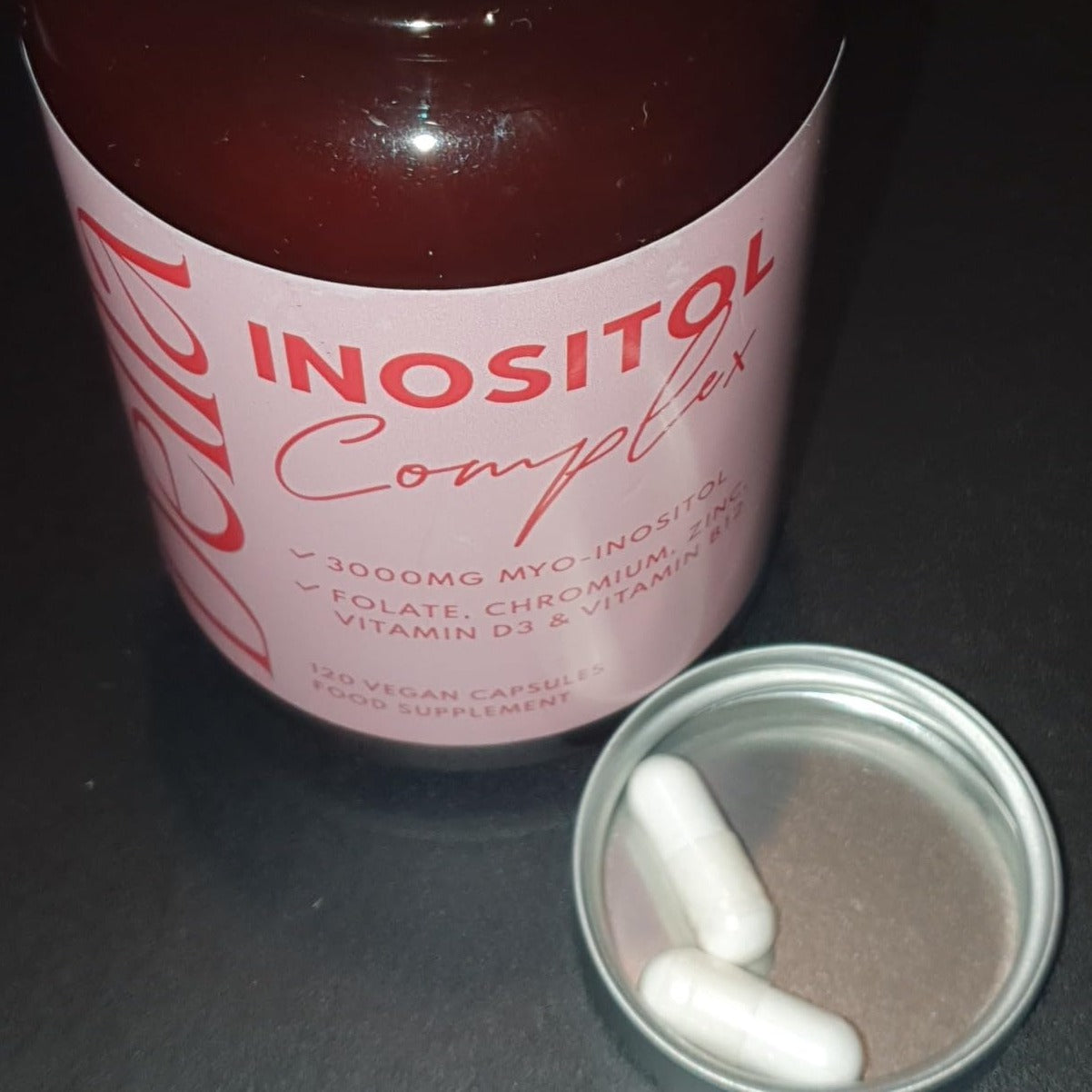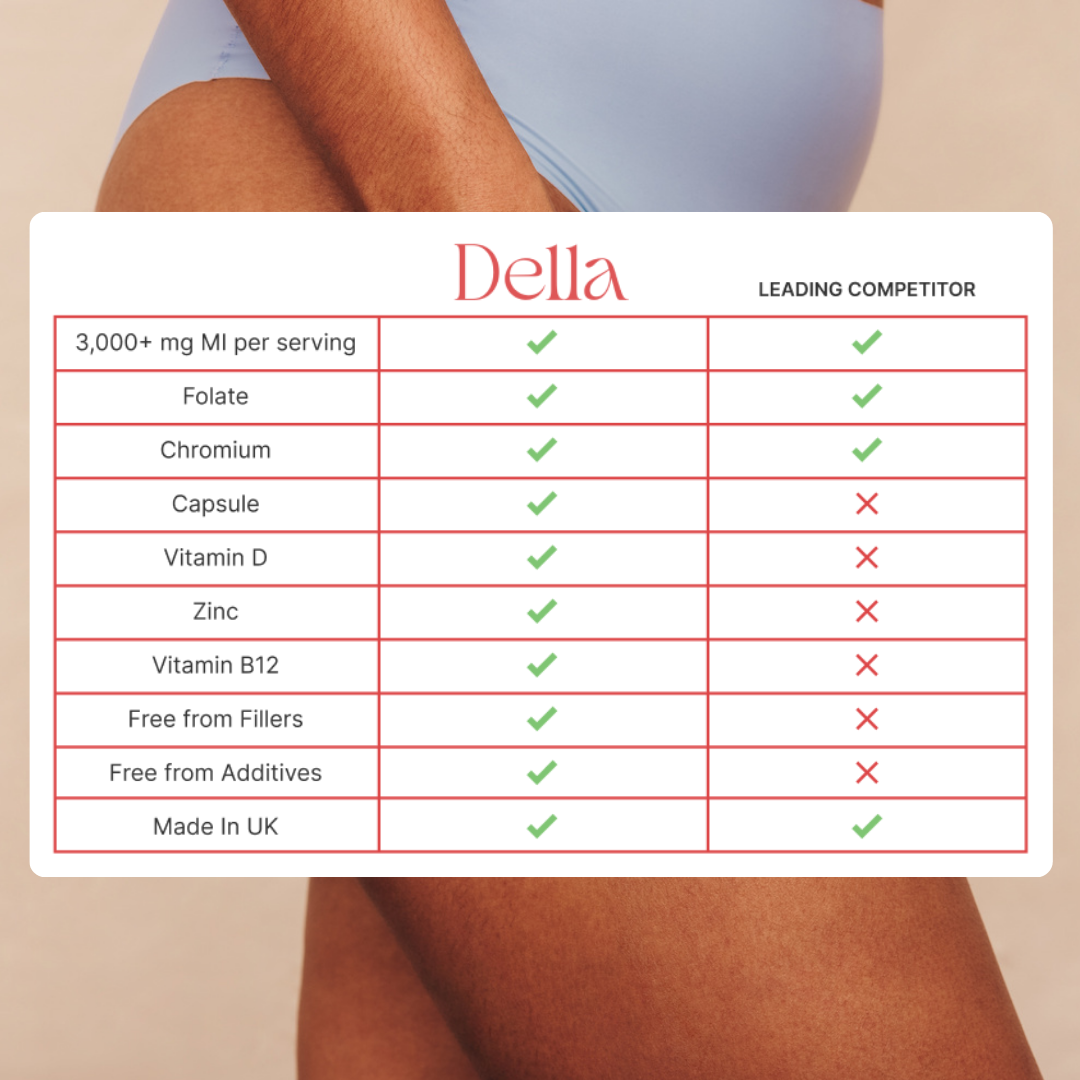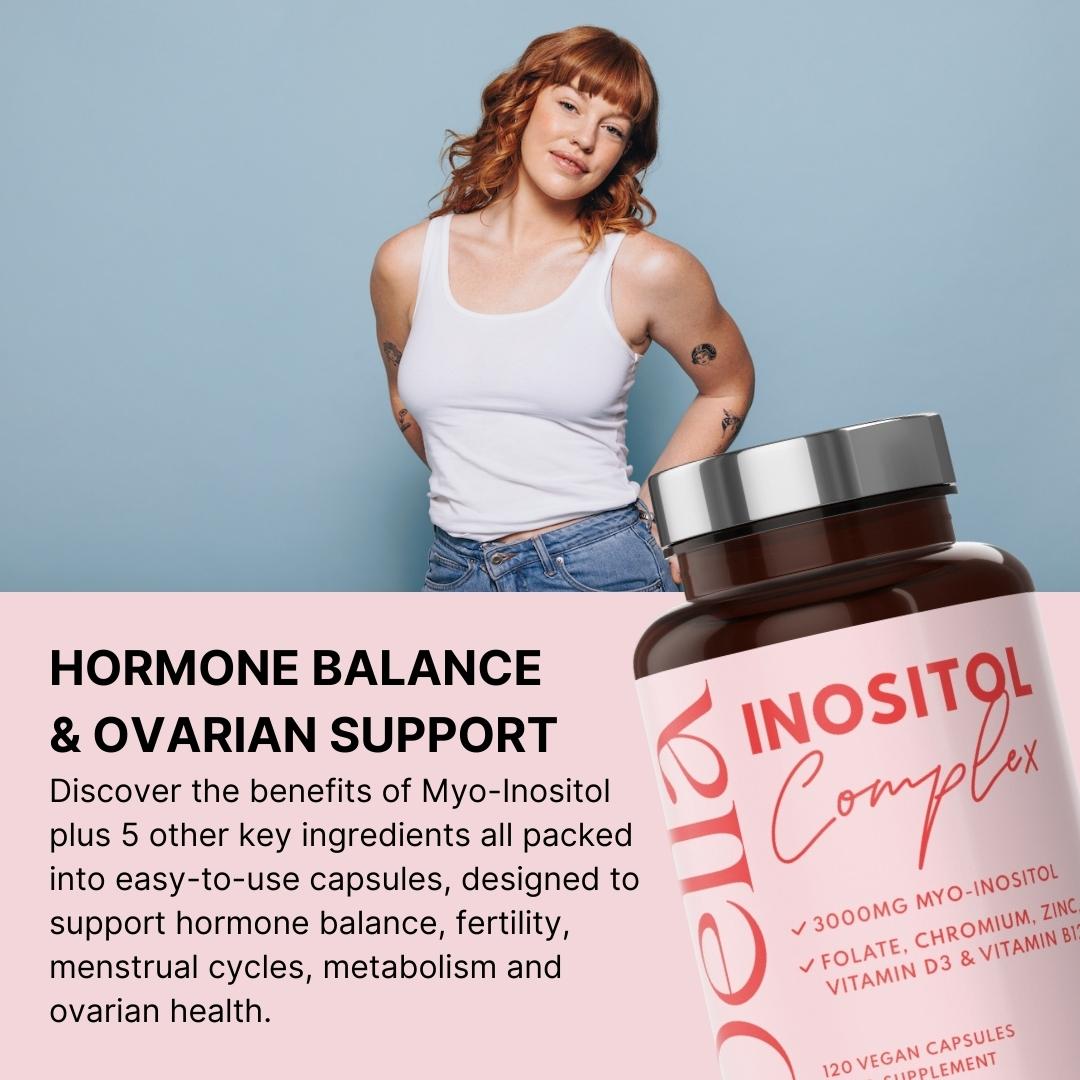With PCOS, it’s important to treat the root cause for long-lasting results, and one of the most important factors when it comes to excessive hair growth is reducing your PCOS insulin resistance.
However, laser hair removals are popular quick alternatives for removing the hair that’s already there, and can be effective in reducing unwanted hair growth even for women with PCOS.
Laser epilation and Electrolysis are the most common types.
One important difference between them is that Electrolysis has been approved as a “permanent hair removal” method, whereas Laser epilation is classified as a “permanent hair reduction” technique.
Electrolysis is more expensive and requires 10-12 sessions or more for a permanent result, but it’s the only option that is actually permanent. A laser epilation treatment will require 10-12 sessions plus maintenance treatment every 6-12 months. Still, because it is fast, less painful and cheaper, some people prefer it over Electrolysis.
Hair Removal PCOS - FAQ:
- What is the importance of treating the root cause of PCOS for long-lasting results?
Treating the root cause of PCOS is crucial because it helps address the underlying hormonal imbalances and insulin resistance that contribute to excessive hair growth. By targeting the root cause, such as reducing PCOS insulin resistance, you can achieve long-lasting results and better manage the symptoms associated with PCOS.
- Can laser hair removal effectively reduce unwanted hair growth in women with PCOS?
Yes, laser hair removal can be an effective option for reducing unwanted hair growth in women with PCOS. Laser epilation is a popular choice as it can target and reduce the existing hair. Although it may not provide permanent results, it can significantly reduce hair growth and provide longer periods of hair-free skin.
- What is the difference between Electrolysis and laser epilation?
The main difference between Electrolysis and laser epilation lies in their classification and permanence. Electrolysis is classified as a "permanent hair removal" method, meaning it guarantees permanent results. On the other hand, laser epilation is classified as a "permanent hair reduction" technique, indicating that while it can greatly reduce hair growth, it may not completely eliminate hair follicles.
- How many sessions are typically required for Electrolysis and laser epilation?
Electrolysis usually requires 10-12 sessions or more to achieve permanent results. It is a more time-consuming process due to the precision required for individually treating each hair follicle. Laser epilation also involves 10-12 sessions, but it's important to note that maintenance treatments every 6-12 months may be necessary to sustain the results achieved.
- Why do some people prefer laser epilation over Electrolysis despite its non-permanent results?
There are several reasons why individuals may prefer laser epilation over Electrolysis. Laser epilation is generally faster, less painful, and more cost-effective compared to Electrolysis. Additionally, it can provide significant reduction in hair growth, even if it's not fully permanent. These factors make laser epilation a favorable choice for those looking for a more convenient and affordable option to manage unwanted hair caused by PCOS.









